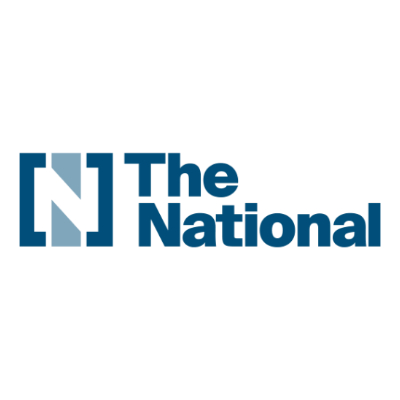 The National Article Rating
The National Article RatingEU's new automated border checks come into force with travellers facing delays | The National
- Bias Rating
- Reliability
45% ReliableAverage
- Policy Leaning
16% Somewhat Right
- Politician Portrayal
N/A
Continue For Free
Create your free account to see the in-depth bias analytics and more.
By creating an account, you agree to our Terms and Privacy Policy, and subscribe to email updates.
Bias Score Analysis
The A.I. bias rating includes policy and politician portrayal leanings based on the author’s tone found in the article using machine learning. Bias scores are on a scale of -100% to 100% with higher negative scores being more liberal and higher positive scores being more conservative, and 0% being neutral.
Sentiments
-6% Negative
- Liberal
- Conservative
| Sentence | Sentiment | Bias |
|---|---|---|
Unlock this feature by upgrading to the Pro plan. | ||
Reliability Score Analysis
Policy Leaning Analysis
Politician Portrayal Analysis
Bias Meter
Extremely
Liberal
Very
Liberal
Moderately
Liberal
Somewhat Liberal
Center
Somewhat Conservative
Moderately
Conservative
Very
Conservative
Extremely
Conservative
-100%
Liberal
100%
Conservative

Contributing sentiments towards policy:
64% : Under the new system, first time travellers going to the EU they will need to register at a special machine.54% : UK authorities are warning those heading to Europe that while the checks should only take 1-2 minutes for each person, they may lead to longer wait times at border control upon arrival in the Schengen area.
54% : The same requirements will apply in Iceland, Liechtenstein, Norway, members of the European Economic Area including the EU, and Switzerland.
53% : Before travelling to the EU, citizens of visa-exempt countries will have to complete an online form and pay a small fee, which still under discussion.
26% : Countries will use data for several reasons, including to identify travellers banned from entering the EU, finding those using fake identities, and helping to prevent crime.
*Our bias meter rating uses data science including sentiment analysis, machine learning and our proprietary algorithm for determining biases in news articles. Bias scores are on a scale of -100% to 100% with higher negative scores being more liberal and higher positive scores being more conservative, and 0% being neutral. The rating is an independent analysis and is not affiliated nor sponsored by the news source or any other organization.






















